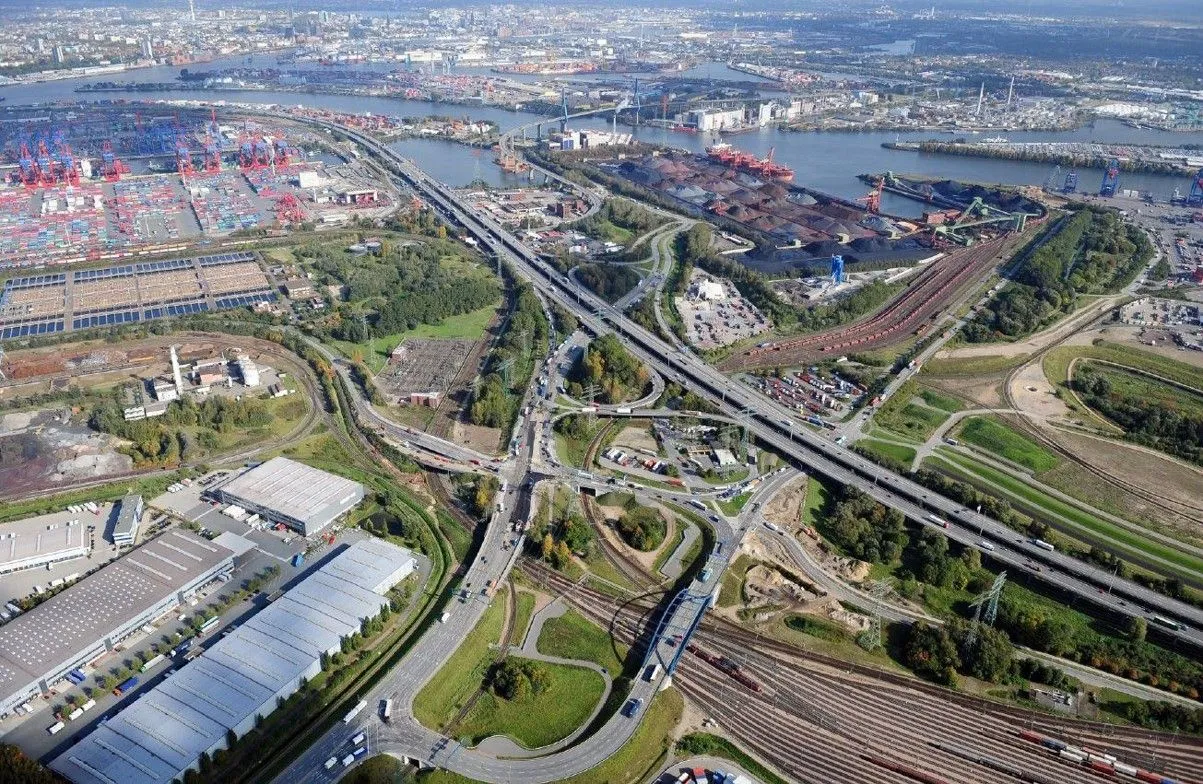TransCore wins White Plains adaptive signal control system contract. The city of White Plains in New York is deploying a new SCATS-based adaptive traffic signal control system from TransCore that will collect real-time information and then adjust signal timing parameters on a cycle-by-cycle basis on one of the city's major arterials.
April 26, 2012
Read time: 2 mins
RSS5303 TransCore wins White Plains adaptive signal control system contract. The city of White Plains in New York is deploying a new SCATS-based adaptive traffic signal control system from TransCore that will collect real-time information and then adjust signal timing parameters on a cycle-by-cycle basis on one of the city’s major arterials. Previous conventional traffic control techniques such as time-of-day signal timing and responsive timing plan selection were not able to accommodate all the variable and unpredictable traffic conditions experienced on the route.
Tarrytown Road in White Plains is a major arterial that carries around 50,000 – 60,000 vehicles daily and serves as a primary route for commuter access to and from downtown White Plains. The roadway experiences traffic surges because of significant downtown retail activity including six major downtown malls / retail centers and events at the Westchester County Center. Tarrytown Road is also the primary route when traffic is diverted from I-287. It experiences fluctuation in demand throughout the day with significant congestion during the morning and afternoon peak traffic hours.
The deployment, the result of a $250,000 cost-shared research agreement from the5269 New York State Energy Research and Development Authority (NYSERDA) and the 1431 New York State Department of Transportation (NYSDOT), is intended to improve traffic flow and reduce carbon dioxide emissions along the corridor. The funding was made possible through the Low Carbon Transportation Alternatives Program Opportunity Notice, a partnership between NYSERDA and NYSDOT, to support programmes and technology that provide pathways to energy efficiency, enhanced economics, sustainability and improved livability throughout the state of New York.
Tarrytown Road in White Plains is a major arterial that carries around 50,000 – 60,000 vehicles daily and serves as a primary route for commuter access to and from downtown White Plains. The roadway experiences traffic surges because of significant downtown retail activity including six major downtown malls / retail centers and events at the Westchester County Center. Tarrytown Road is also the primary route when traffic is diverted from I-287. It experiences fluctuation in demand throughout the day with significant congestion during the morning and afternoon peak traffic hours.
The deployment, the result of a $250,000 cost-shared research agreement from the







